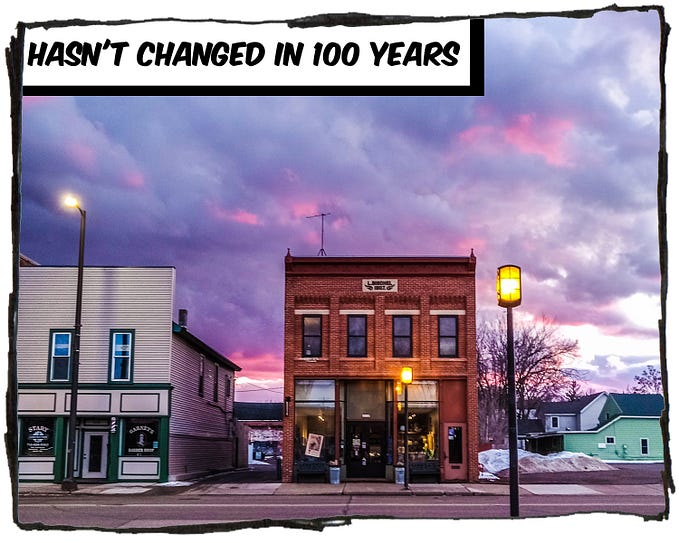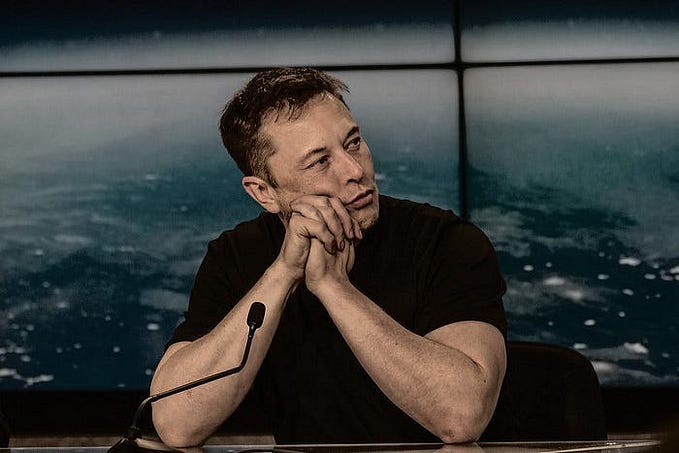Member-only story
Reading ‘To Climates Unknown’
Alternate history of humanity’s journey

It was a fictional version of April 4, 1581 when apprentice sailor William Adams met an alternate fate. So, too, then, the Mayflower. And thus the history of colonization changed. The history of science, too — the “eureka” of the evolution of species and the far slower realization that some rocks are radioactive. Everything changed.
The alternate history novel To Climates Unknown was released several months ago. In this fictional version of the industrial revolution, there are submarines, tanks, nukes, and a flying machine. Religion, as absorbed and interpreted by world leaders, is a corrupting influence. The story is about how people achieve self-determination. It’s about the effort of using reason, as well as subterfuge, to confront or evade powerful egos that only want war.

It was reviewed by Alexander Wallace in Never Was as “the best alternate-history novel I have ever read,” with characters whose “interactions, no matter their country of origin, feel plausible, and you will find yourself deeply invested in people you will only know briefly”; a work of “broadmindedness…that is fundamentally moral.” Dawn Vogel for History That Never Was highlighted its “strong environmental and anti-colonial messages.” On philosophy professor Bob Lane’s blog, the author talked about killing off René Descartes.
Arturo Serrano, who wrote To Climates Unknown as his debut novel in English, also blogs for the Hugo-winning nerds of a feather, flock together and has been heard tweeting. I am somewhat of an expert in these matters because I have the privilege of knowing this man. Specifically regarding To Climates Unknown, I have a window into his years-long research effort behind the creation of historically accurate, as well as alternatively historical, scenes and characters.
One of my favorite characters is Hasekura Tsunenaga, who, in this telling, is not a skilled diplomat and trips himself up with his naïveté and religious earnestness. If I were a character in this novel, I would be him. Hasekura only wants not to be shipwrecked and to go home — and, by…









